Understand the strategies
Go over the main calculation strategies the children work on during Primary School independently, concisely, and in a non-complex way, in order to help them internalize, strengthen and apply them.

Primary
1st - 2nd
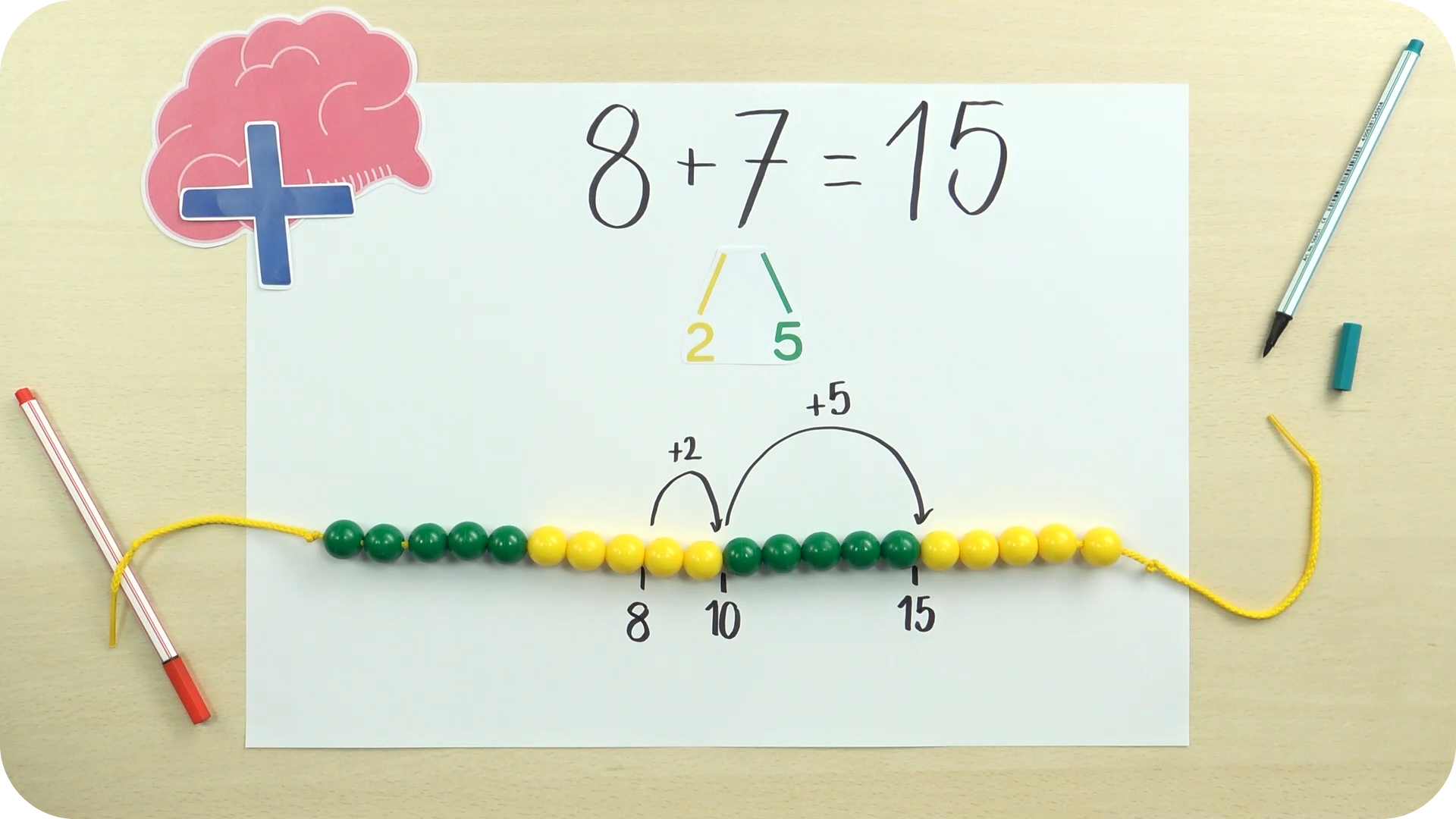
1-Let’s Add by Jumping
The jumping strategy is a key one for mental calculation.
Let’s see how we work on addition in 1st and 2nd year primary school.

2-Let’s Subtract by Jumping
The jumping strategy is a key one for mental calculation.
Let’s see how we work on subtraction in 1st and 2nd year primary school.
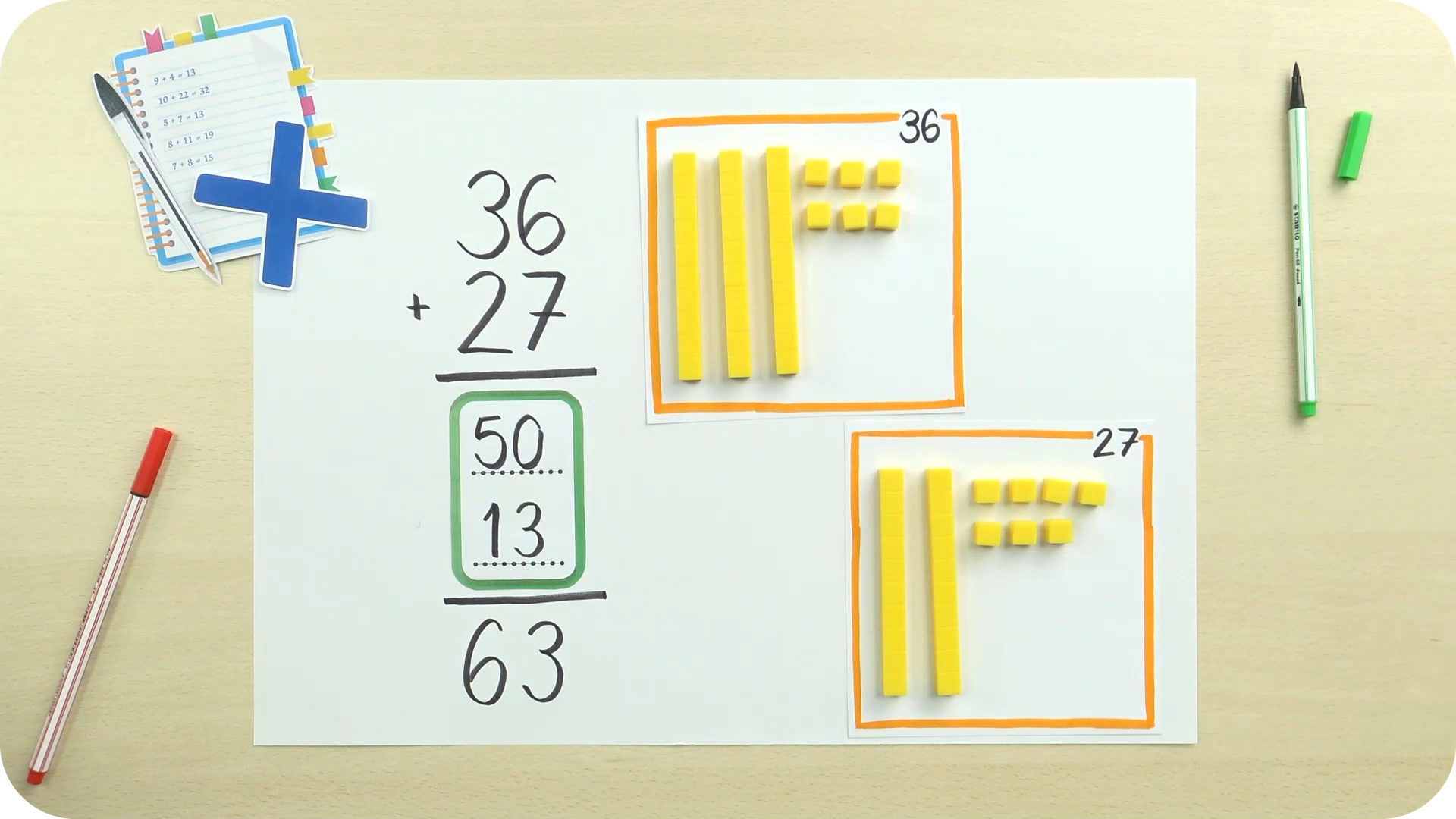
3-Let’s Add by Breaking Down
The breaking down strategy is a key one for written calculation.
Let’s see how we work on addition in 1st and 2nd year primary school.
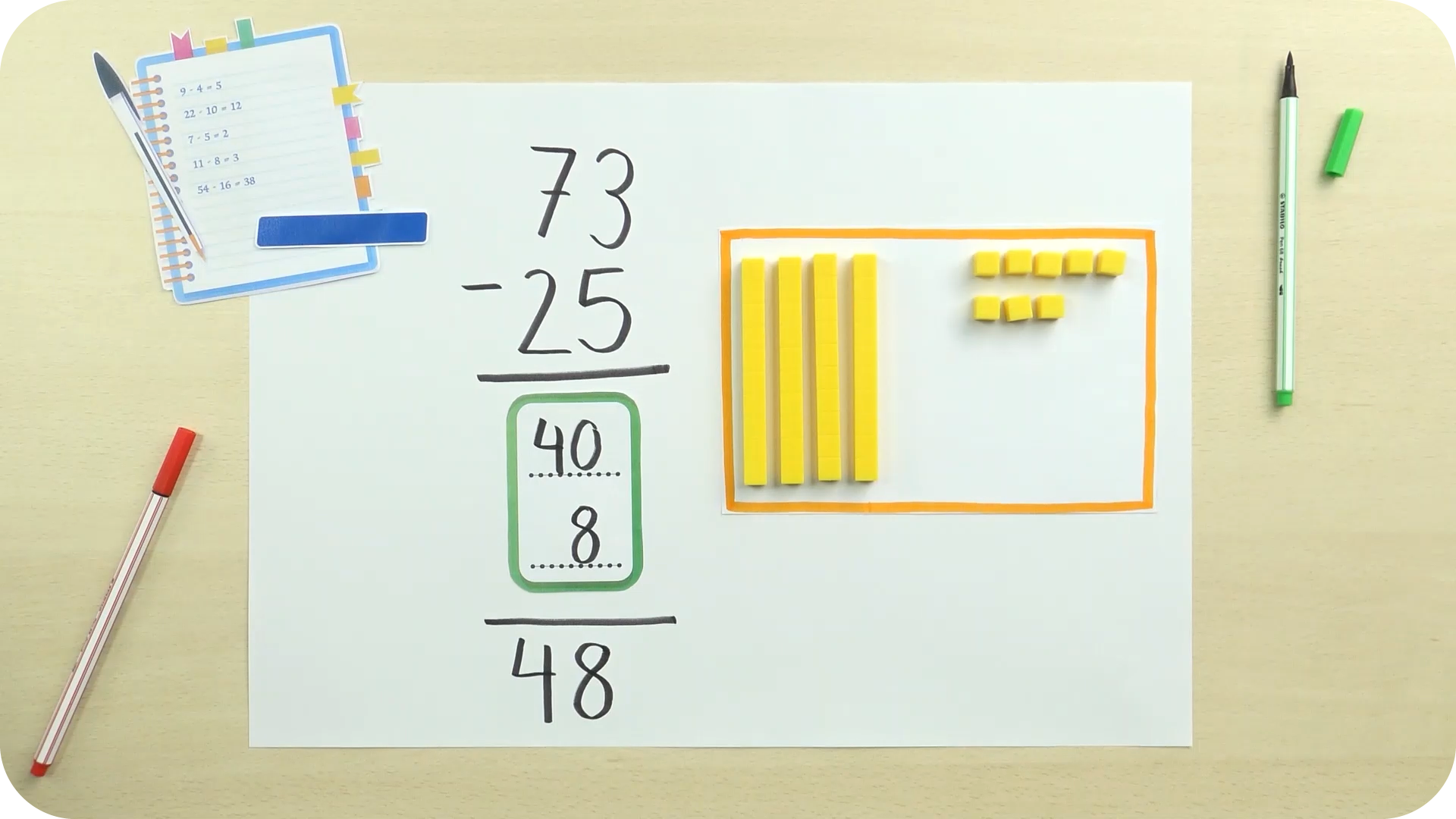
4-Let’s Subtract by Breaking Down
The breaking down strategy is a key one for written calculation.
Let’s see how we work on subtraction in 1st and 2nd year primary school.
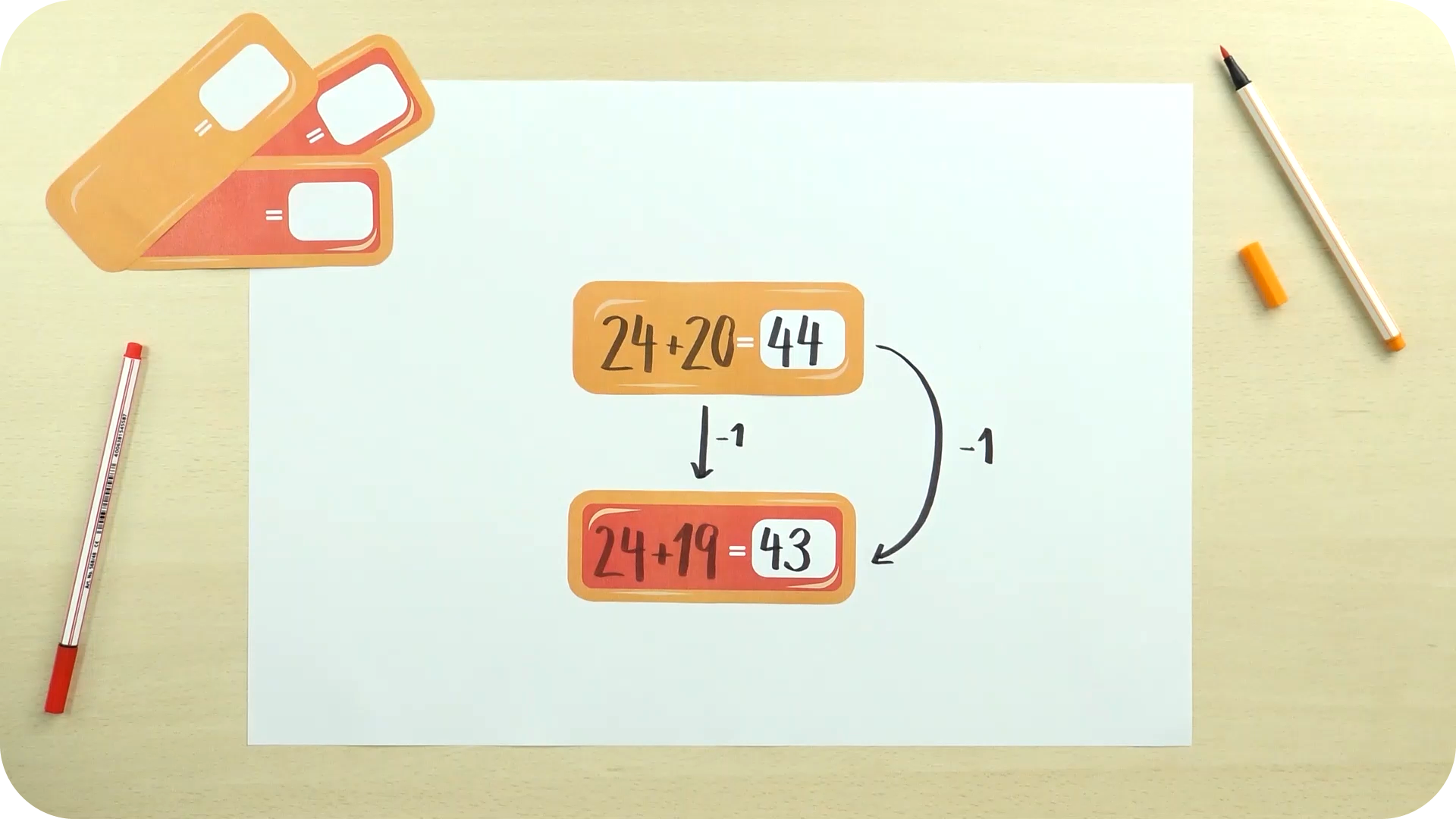
5-Let’s Derive Facts
Deducing facts based on others we are already aware of, is a crucial strategy for making the most of all the basic facts we already know.
Let’s see how we work on addition and subtraction in 1st and 2nd year primary school.

6-Let’s Estimate
On a daily basis, we do not have to make exact calculations very often, so we make approximate ones, and these involve different strategies that need to be worked on.
Let’s look at some examples of how we do this in 1st, 2nd, 3rd and 4th year primary school.
3rd - 4th
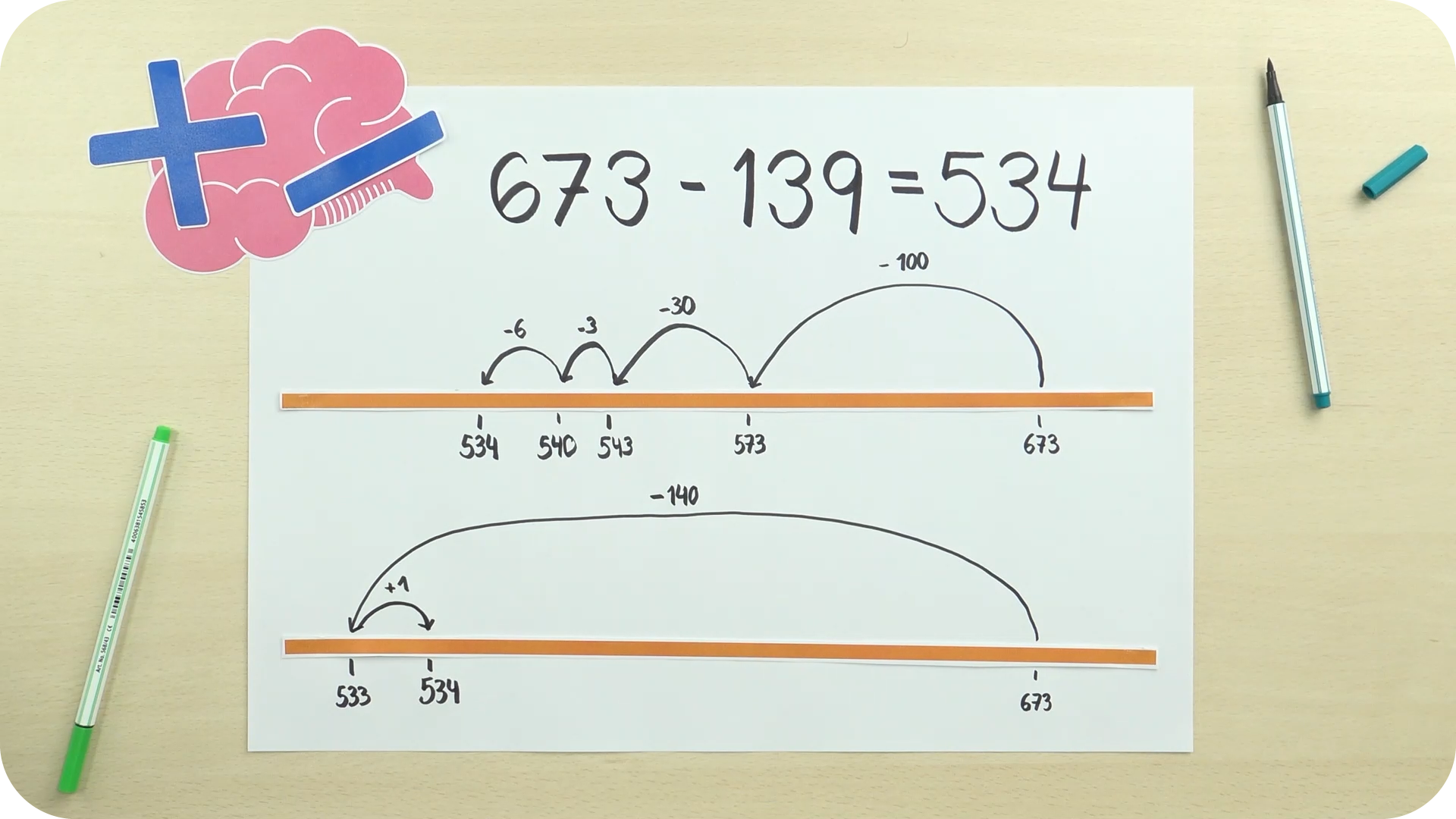
7-Let’s Add and Subtract by Jumping
The jumping strategy is a key one for mental calculation.
Let’s see how we work on addition and subtraction in 3rd and 4th year primary school.
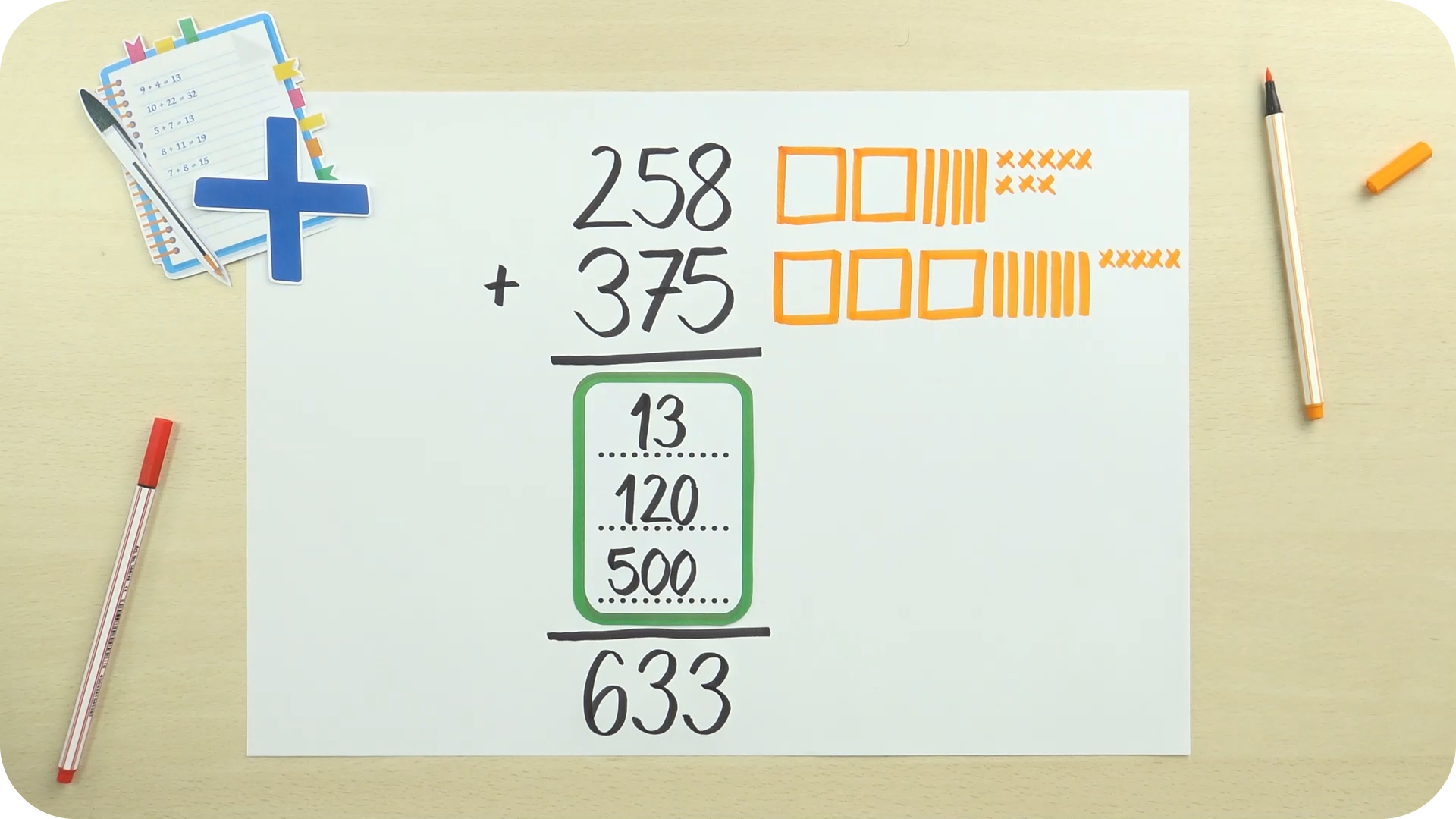
8-Let’s Add by Breaking Down
The breaking down strategy is a key one for written calculation.
Let’s see how we work on addition in 3rd and 4th year primary school.
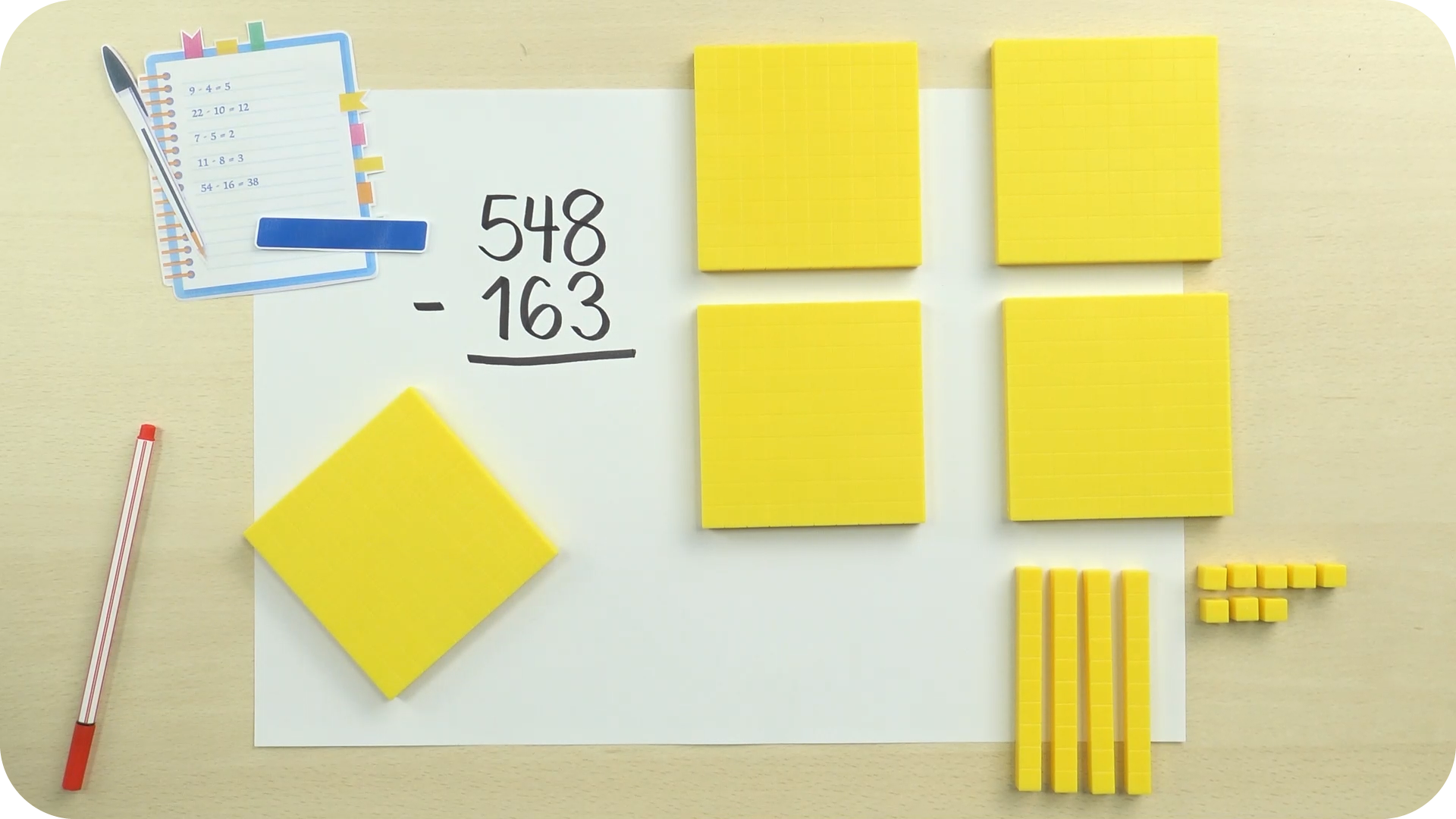
9-Let’s Subtract by Breaking Down
The breaking down strategy is a key one for written calculation.
Let’s see how we work on subtraction in 3rd and 4th year primary school.
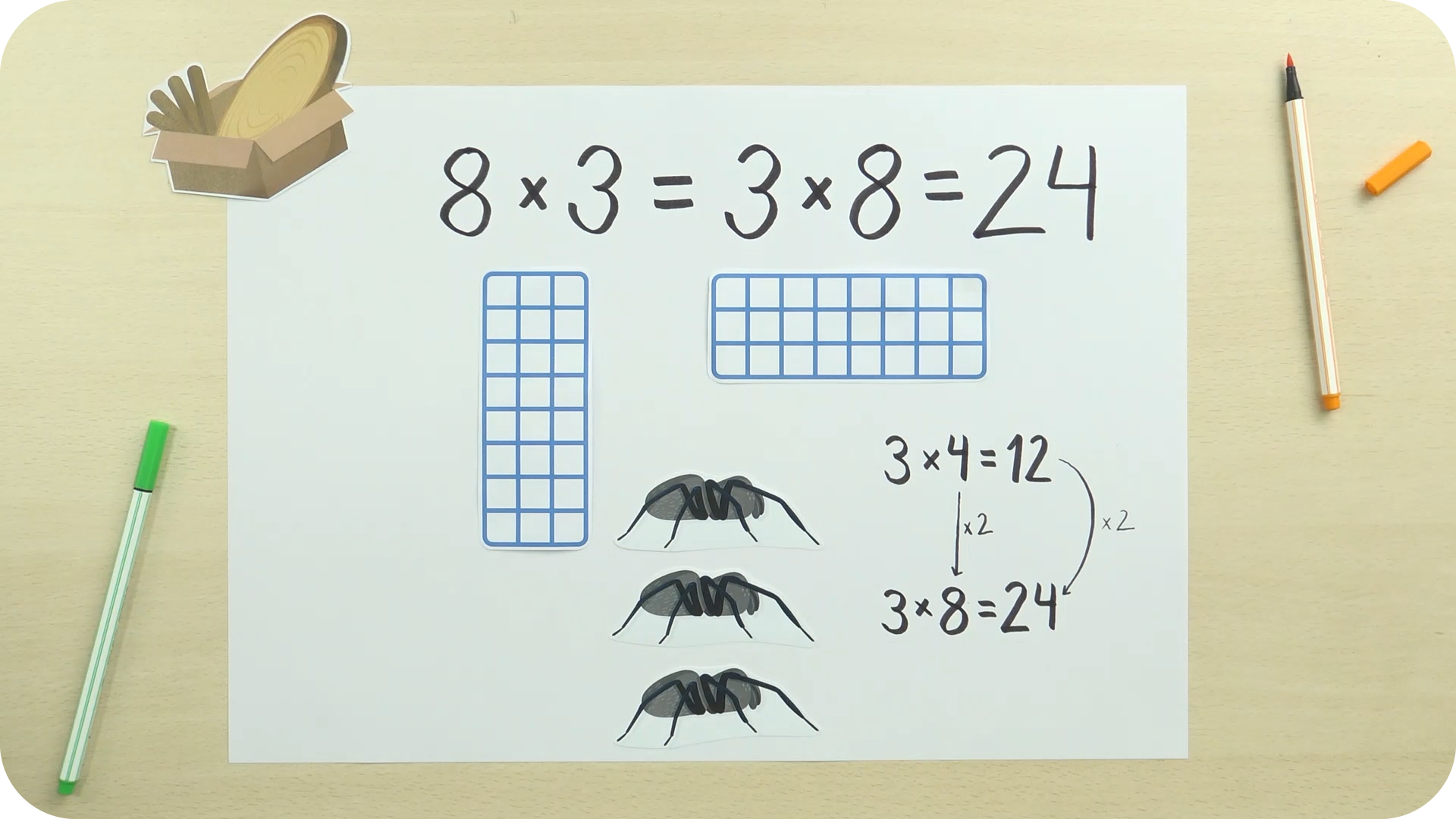
10-Let’s Build and Practice the Multiplication Tables
Let’s see how we build the multiplication tables and how we can practise them in order to automise them.

11-Let’s Multiply Using the Rectangular Model
The rectangular model gives meaning to multiplications beyond the times tables.
Using examples, let’s see how we work on this in 3rd and 4th year primary school.
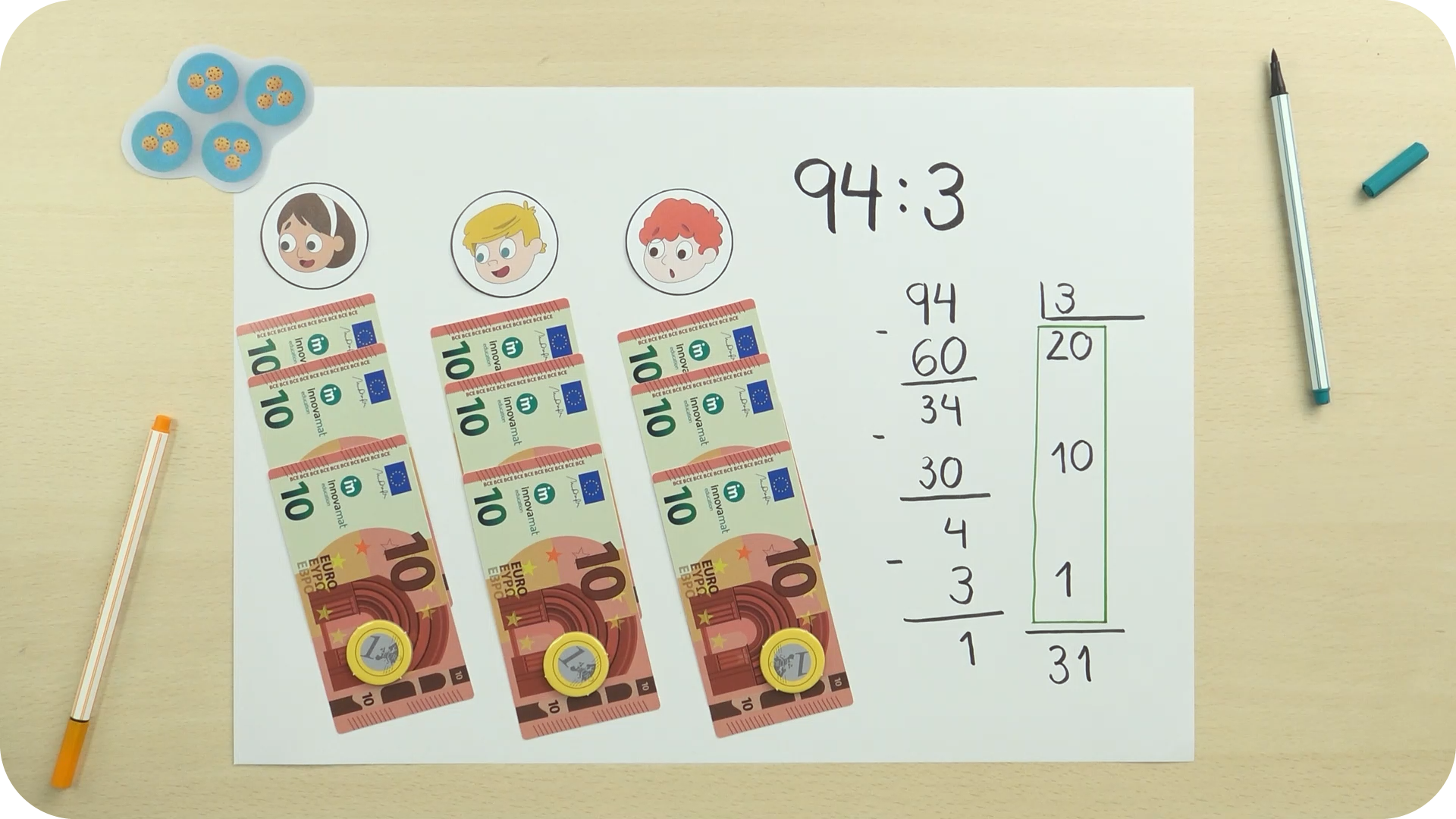
12-Let’s Divide
One way of understanding divisions is as the sharing of equal parts.
Using examples, let’s see how we divide in 3rd and 4th year primary school.
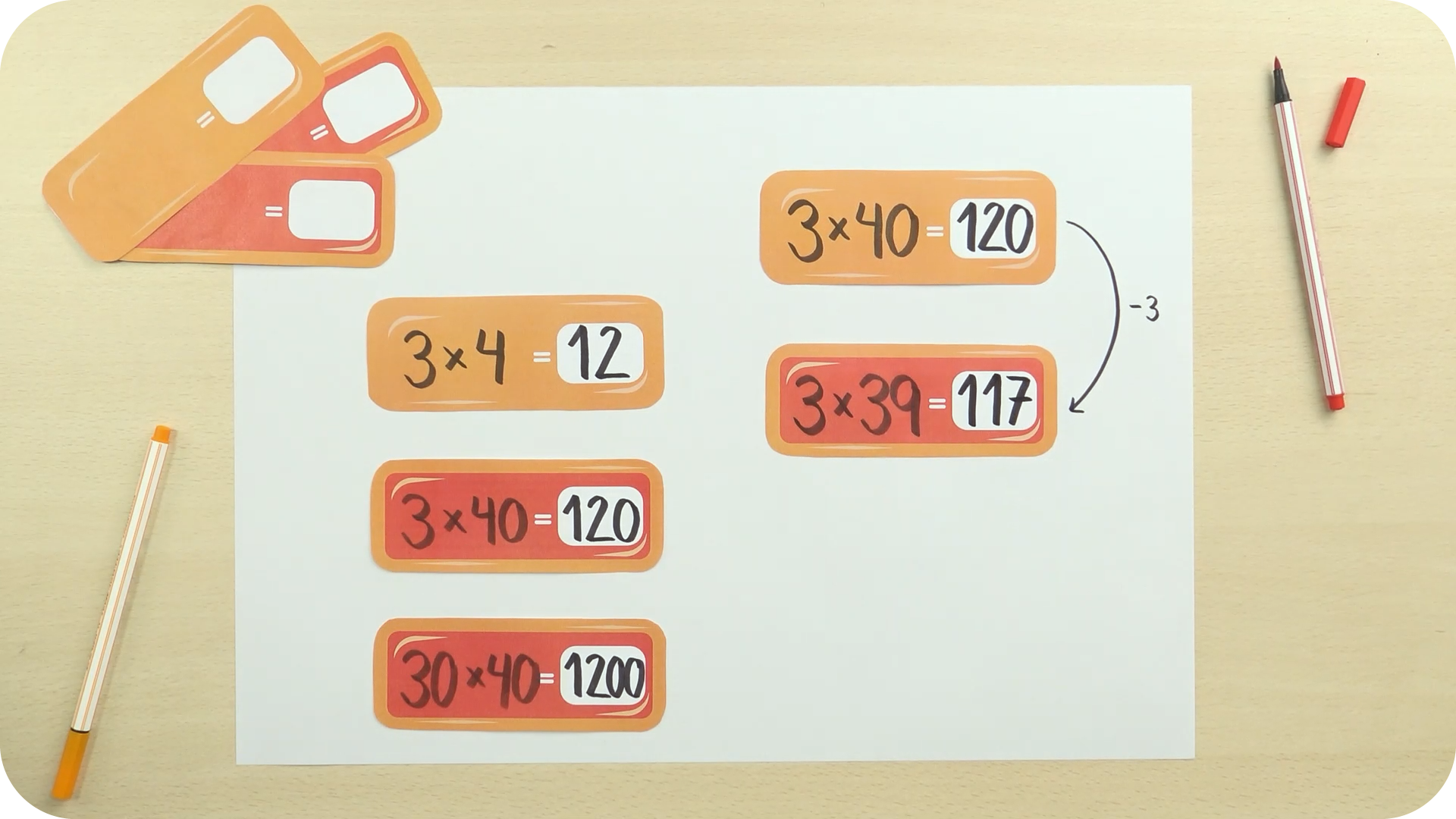
13-Let’s Derive Facts
Deducing facts based on others we are already aware of, is a crucial strategy for making the most of all the basic facts we already know.
Let’s see how we work on multiplication and division in 3rd and 4th year primary school.
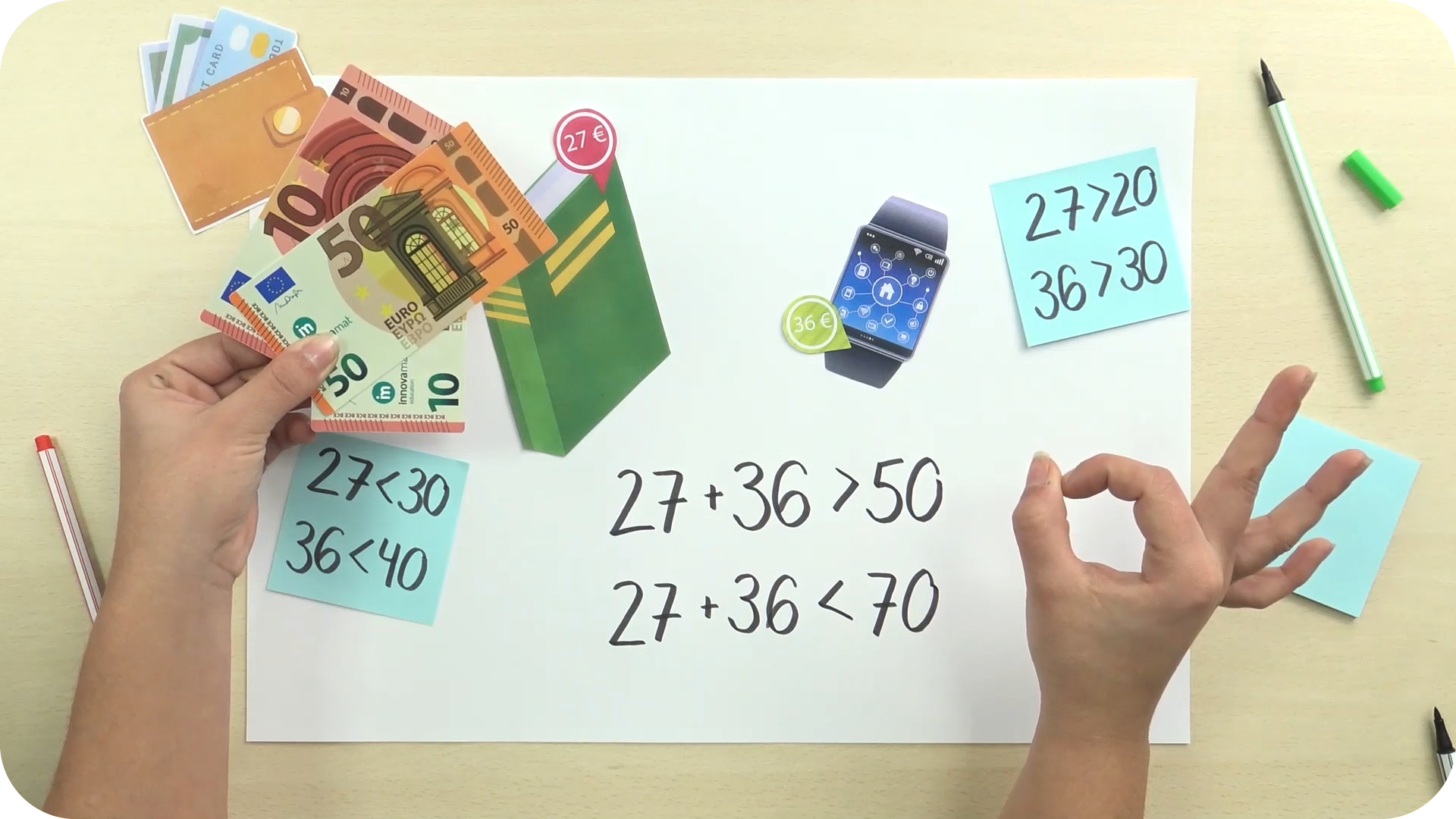
14-Let’s Estimate
On a daily basis, we do not have to make exact calculations very often, so we make approximate ones, and these involve different strategies that need to be worked on.
Let’s look at some examples of how we do this in 1st, 2nd, 3rd and 4th year primary school.
5th - 6th
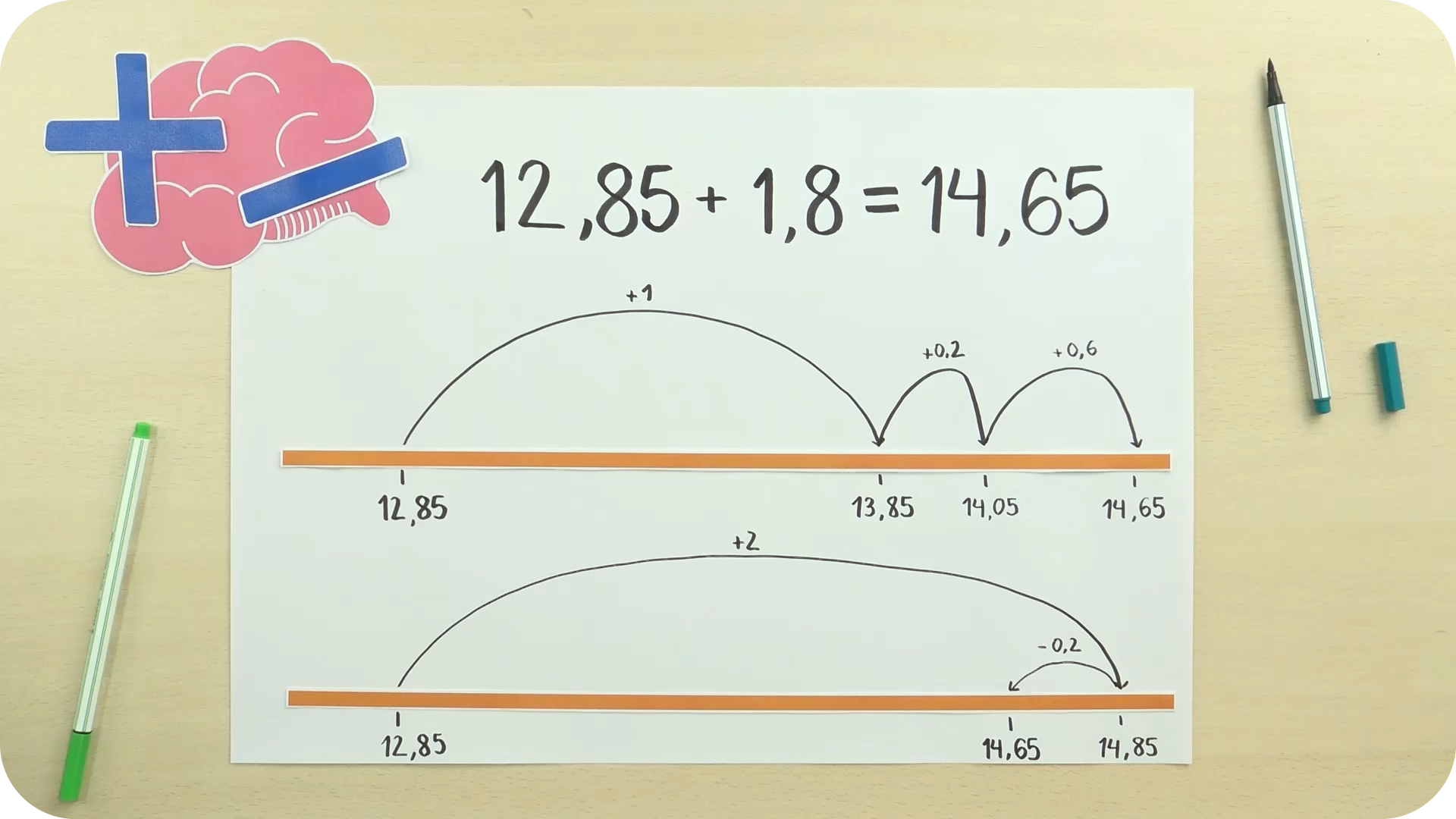
15-Let’s Add and Subtract by Jumping
The jumping strategy is a key one for mental calculation.
Let’s see how we work on the addition and subtraction of decimals in 5th and 6th year primary school.
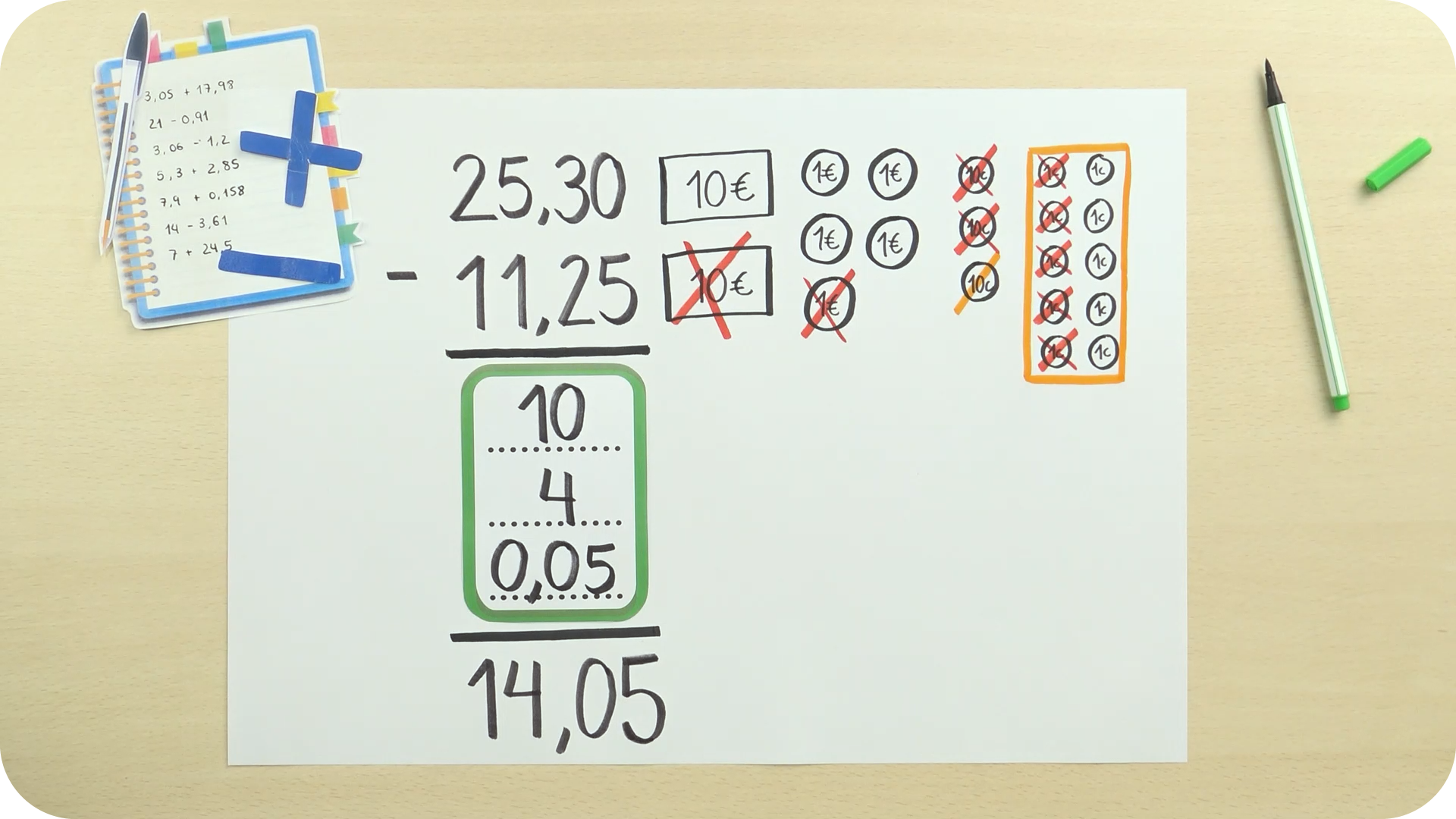
16-Let’s Add and Subtract by Breaking Down
The breaking down strategy is a key one for written calculation.
Let’s see how we work on the addition and subtraction of decimals in 5th and 6th year primary school.

17-Let’s Do Percentages
Percentages are expressions used widely in our daily lives.
Using examples, let’s see how we work on these in 5th and 6th year primary school.

18-Let’s Derive Facts
Deducing facts based on others we are already aware of, is a crucial strategy for making the most of all the basic facts we already know.
Let’s see how we work on this in 5th and 6th year primary school.
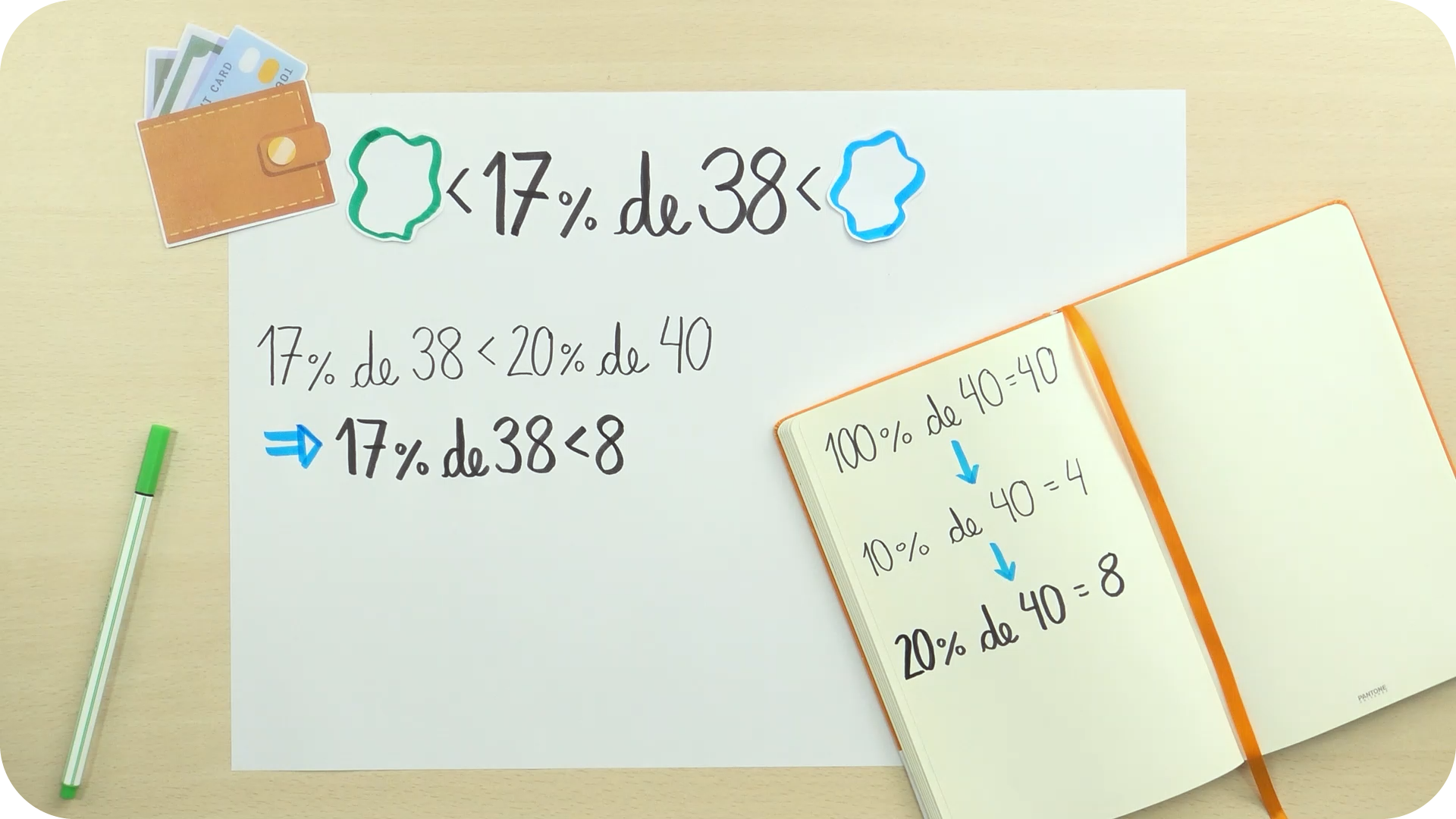
19-Let’s Estimate
On a daily basis, we do not have to make exact calculations very often, so we make approximate ones, and these involve different strategies that need to be worked on.
Let’s look at some examples of how we do this in 5th and 6th year primary school.

